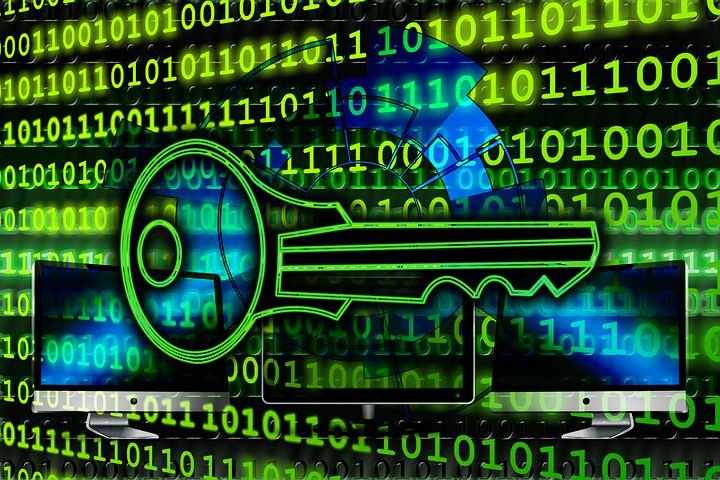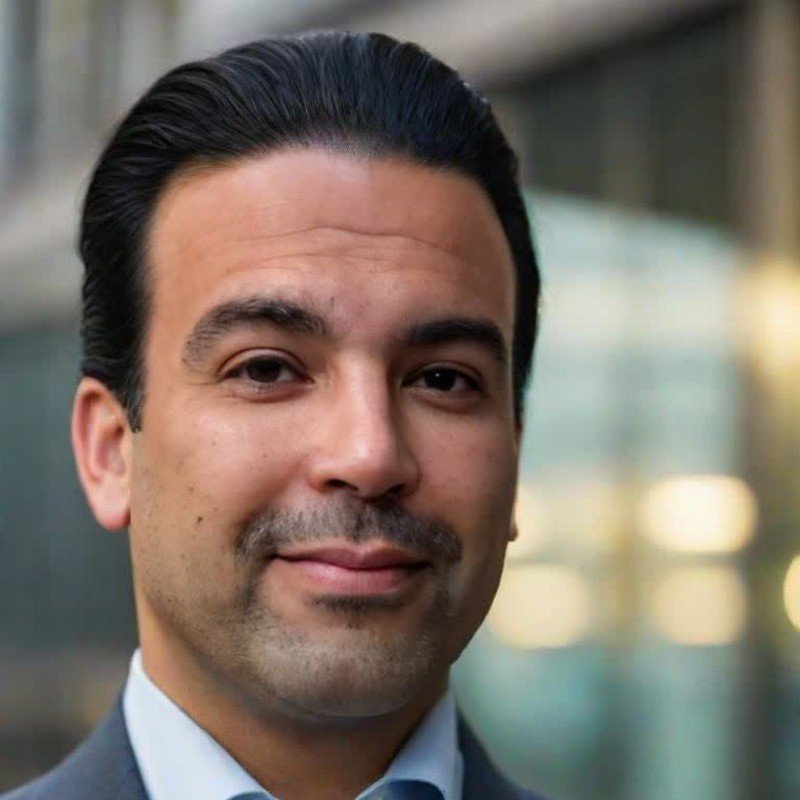Governments can use a range of tactics to close their citizens off from internet access. The Guardian, UK, has three great articles on such shutdowns: why and how they are shut down, and how to counter it.
- How to shut down the Internet and how to fight back.
- Governments embrace internet shutdowns as a form of control
- When shutdowns spill over borders
Key points from the first article:
This article discusses different strategies, ranging from complete blackouts to targeted restrictions. It highlights the ongoing resistance against these controls and the potential impact of satellite internet.
1- Shutdowns can be total or focused on specific areas or groups, often used by governments to suppress dissent or maintain control during sensitive times.
2. The Hammer:
- This method refers to complete internet blackouts, the most extreme form of control. For example, India shut down internet access in Kashmir for 552 days following the revocation of its special status in August 2019, marking the longest shutdown in history.
3. Screwdriver Approaches:
- These involve partial control measures like speed throttling, which reduces internet speeds to hamper communication and information sharing.
- Targeted blocks can deprive specific regions or groups of access, such as during protests in Iran, where private internet users faced restrictions while state-run services operated normally.
4. Blacklisting/Blocklisting:
- Blocking access to certain platforms to control the flow of information. For instance, after the military coup in Myanmar, Facebook was blocked, disrupting communication for many, including small business owners who relied on it.
5. Whitelisting/Allowlisting:
- This tactic shifts the internet framework, allowing only government-approved sites. In Myanmar, access was limited to just 1,200 sanctioned websites after a military takeover.
6. The Great Firewall of China:
- • China uses sophisticated methods for internet control, limiting access through a massive firewall while avoiding complete shutdowns, which allows for continued economic activity.
7. Emerging Trends:
- The move towards creating “splinternets,” where different regions or governments maintain their own controlled versions of the internet, may lead to broader censorship.
8. Challenges from Satellite Internet:
- Technologies like Starlink provide high-speed internet that can bypass traditional shutdowns. In Ukraine, Starlink helps maintain communications amid Russian attacks, illustrating a potential solution to government-imposed internet restrictions.
While governments continue to develop various tactics for controlling internet access, new technologies like satellite internet are challenging these efforts. The ongoing situation demonstrates the importance of maintaining open communication channels and the growing resistance against internet control measures.
The Second Article: Governments embrace internet shutdowns as a form of control
From Ukraine to Myanmar, government-led internet shutdowns are rising globally. This article highlights the trend of digital authoritarianism, particularly after riots or political changes. In Myanmar, after a military coup on February 1, 2021, authorities cut internet access, resulting in a loss of communication and throwing the country back to pre-internet conditions. Journalists like Ko Zin Lin Htet and Nathan Maung shared their experiences of confusion when the internet was cut off during this time.
In 2021, at least 182 shutdowns occurred in 34 countries. Shutdowns have been used by governments in Africa and Asia to control citizens and suppress unrest. Nations like India experienced significant internet blackouts, especially in conflict areas like Jammu and Kashmir. This trend shows that state-sponsored internet outages are a growing tactic for controlling public information.
Shutdowns lead to serious humanitarian and economic issues, disconnecting emergency services and disabling financial systems. Despite the significant $5. 5 billion in economic losses from such actions, many of these incidents go unnoticed internationally. UN officials have condemned such moves, stating they cause severe harm to fundamental rights.
Countries like Ukraine were targeted with internet outages right before military actions, while similar tactics have emerged in places like Sudan and Ethiopia. Public responses reveal a sense of helplessness and fear. In Algeria, for example, students face internet disruptions during exam seasons to prevent cheating, leading to frustration.
India’s extensive shutdowns have raised alarms among legal experts, indicating a dangerous trend where even countries with a more stable rule of law adopt these strategies for controlling citizens. The situation suggests a worrisome trajectory where internet freedom is increasingly viewed as a threat by governments.
The Third Article: When shutdowns spill over borders
The article discusses how internet shutdowns imposed by one country can affect users in other regions, sometimes even across the globe. It highlights cases where blocks, such as Myanmar’s shutdown of Twitter in 2021, inadvertently restricted access for millions of people in different countries. This scenario was echoed in March 2022 when Russia’s actions similarly impacted Twitter access across Europe.
The internet operates through a complex map of pathways that determine traffic flow, managed by private telecom companies. Any changes or blocks in one country can ripple out, affecting users elsewhere due to how interconnected the global internet is. For example, when Myanmar ordered telecoms to restrict Twitter, it accidentally cut access for a significant number of users in India and beyond.
The article explains that internet routing relies on the Border Gateway Protocol (BGP), which directs traffic. BGP updates can lead to situations where blocks are not just local but global. The consequences can be severe, as seen when Pakistan’s attempt to block a YouTube trailer led to widespread outages that affected millions of users globally.
Another incident involved a Chilean internet user who found himself blocked from Facebook due to the way DNS servers routed his traffic through a server that complied with Chinese censorship laws. This incident shows how even distant decisions can lead to unexpected censorship impacting users outside the originating country.
The piece emphasizes that private companies have a significant influence on internet access and freedom. Despite the United Nations recognizing internet access as a human right, there is a lack of enforcement against governments that impose shutdowns, as many of these governments are also involved in the decisions at the UN level.
The article calls attention to the need for more oversight of private telecom operations and urges recognition that actions taken within one country can disrupt internet use globally.





